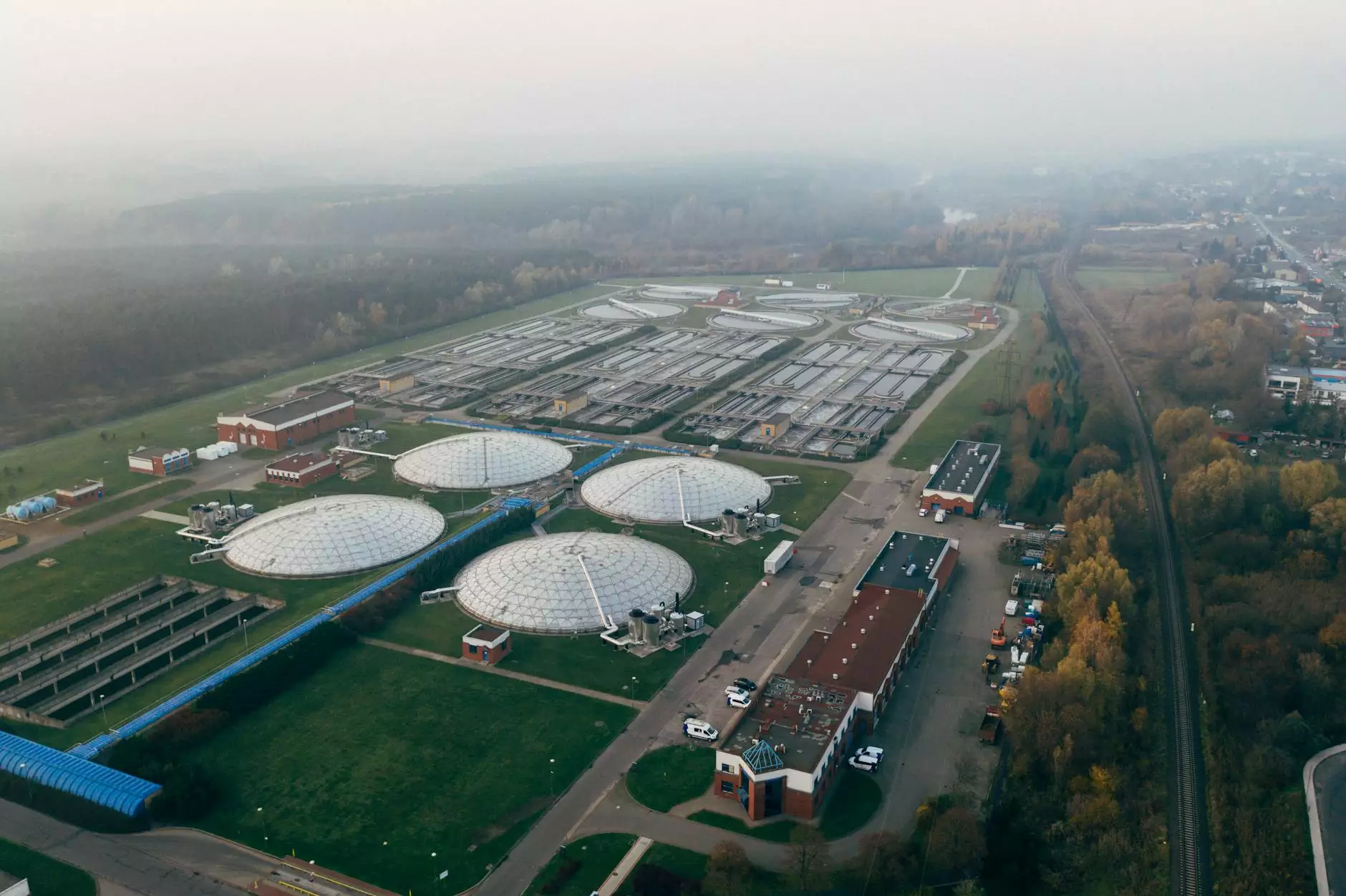Understanding the Importance of Drinkwater Filters for Clean Water

Access to clean drinking water is a fundamental necessity for health and well-being. The use of drinkwater filters has become essential for households and businesses aiming to ensure that their water is not only safe but also tastes great. In a world where water contamination can arise from various sources, implementing effective water purification services is crucial for maintaining high-quality water standards. This article will explore every facet of drinkwater filters, highlighting their benefits, types, and how they contribute to better health outcomes.
What Are Drinkwater Filters?
At its core, a drinkwater filter is a system or device designed to remove impurities and contaminants from water, making it suitable for consumption. These filters vary in design and functionality, ranging from simple home devices to complex industrial systems. But regardless of their form, their primary goal remains the same: to provide clean, safe drinking water.
Why is Purifying Drinking Water Essential?
- Health Benefits: Clean drinking water helps prevent a myriad of health issues, including gastrointestinal infections, cholera, and other waterborne diseases.
- Taste Improvement: Many contaminants produce a bad taste or odor in water. Filters can remove these, resulting in better tasting and smelling water.
- Environmental Impact: By opting for filtered tap water over bottled water, consumers can significantly reduce plastic waste.
- Cost-Effectiveness: Investing in a drinkwater filter system can be cheaper than buying bottled water over time.
The Different Types of Drinkwater Filters
Understanding the various types of drinkwater filters can help you choose the most suitable option for your home or business needs. Here are some popular types:
1. Activated Carbon Filters
Activated carbon filters are some of the most common types of water filters. They work by absorbing impurities such as chlorine, sediment, and volatile organic compounds (VOCs). These filters improve water taste and odor while providing a reasonable level of contaminant reduction.
2. Reverse Osmosis Systems
Reverse osmosis (RO) systems use a semi-permeable membrane to remove a wide variety of contaminants. These systems can eliminate up to 99% of dissolved salts, bacteria, and other impurities. RO systems are ideal for areas with hard water or high contaminant levels.
3. UV Filters
Ultraviolet (UV) filters use UV light to kill bacteria and viruses present in the water. While they do not remove chemical contaminants, they are excellent for ensuring microbiological safety.
4. Whole House Filters
Whole house filters are designed to purify all the water entering a home, ensuring that every tap in the house provides clean, filtered water. This is particularly beneficial for homes with high contaminant levels in their supply water.
Key Benefits of Drinkwater Filters
Investing in a drinkwater filter system offers numerous advantages that can enhance your health and lifestyle. Here are some of the most significant benefits:
1. Improved Water Quality
By effectively removing pollutants and harmful substances, drinkwater filters ensure you have access to high-quality water. This is vital for cooking, drinking, and even bathing.
2. Enhanced Hydration
Water plays a crucial role in hydration. Clean water encourages increased consumption, which is vital for maintaining optimal body function, energy levels, and overall health.
3. Better Cooking Experiences
Using filtered water in cooking enhances the flavors of food and beverages. Whether you're brewing coffee, cooking pasta, or making soups, starting with clean water makes a noticeable difference.
4. Environmental Conservation
With a drinkwater filter in your home, you can significantly reduce your reliance on single-use plastic bottles, thus contributing to environmental conservation efforts. This small change can have a massive impact on reducing plastic waste globally.
5. Increased Property Value
Homes equipped with advanced water filtration systems may appeal more to potential buyers. This feature reflects a commitment to health and safety and can thus enhance the property’s value.
Factors to Consider When Choosing a Drinkwater Filter
Selecting the right drinkwater filter can be daunting, given the multitude of options available. Here are some critical factors to consider during your decision-making process:
1. Water Quality Testing
Before purchasing a filter, conduct a water quality test to identify specific contaminants present in your water supply. Knowing this will help you choose a filtration system that targets those contaminants effectively.
2. Filter Type
As discussed earlier, different filter types target various contaminants. Assess your specific needs and choose a filter that aligns with your objectives.
3. Maintenance and Replacement Costs
Consider the long-term costs associated with maintaining the filter, including the frequency and cost of filter replacements. Some filters require more maintenance than others.
4. Certification and Standards
Verify that the filter complies with industry standards and certifications. Filters tested and certified by organizations like NSF International or the Water Quality Association can assure consumers of their reliability.









